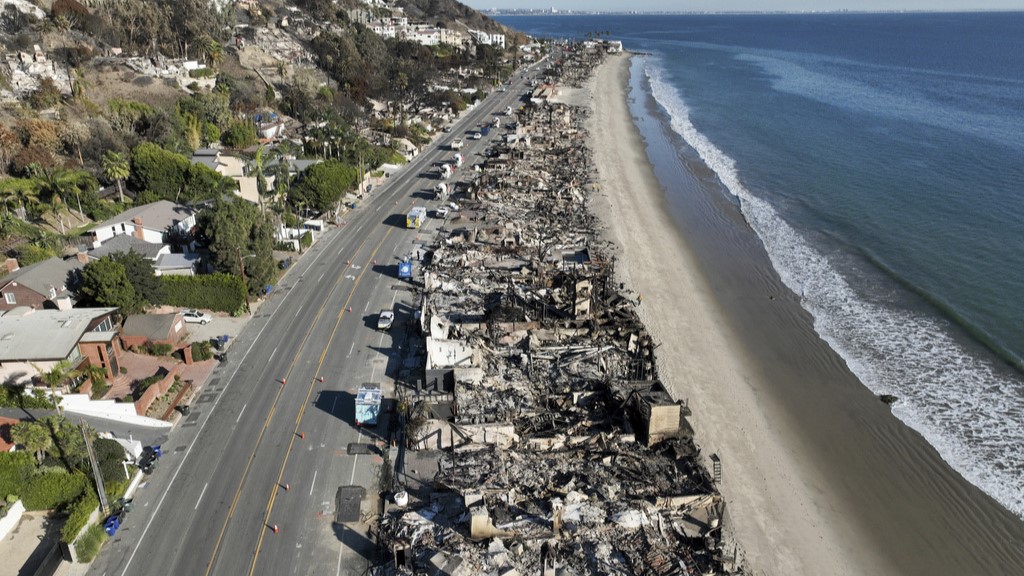How climate change is connected to wildfire smoke pollution

HOUSTON, Texas (KTRK) -- Houstonians may have noticed a hazy sky this week as smoke from Mexico and Central America wildfires has lingered overhead. While wildfires are not a new phenomenon nor directly caused by climate change, there is a link between how global weather patterns change as the climate warms.
Climate Central, partners with ABC13 and ABC News, reported that in 2023, more Americans breathed in wildfire smoke than any other year since 2006.
Specifically, from January to August 2023, the average American experienced about 66% more particle pollution from smoke than during the previous record year of 2021.
The most significant contributor was Canada's record wildfire season, sending smoky skies across much of the upper Midwest and Northeast for days, if not weeks, at a time. Some of that smoke reached Texas, though smoke from wildfires in the West and South is more prevalent in southeast Texas. The Lone Star State has also been found to be one of 30 states that have seen wildfire smoke able to linger overhead longer in the past two decades due to fine smoke particles traveling fast and far in our atmosphere through jet streams.
Depending on the weather pattern, smoke can stay lofted in the sky for days until eventually falling to the ground. The result is a prolonged reduction in air quality, which can negatively impact our health.
When someone breathes in wildfire smoke, those tiny particles can enter the lungs and even the bloodstream, causing various health effects. And those are usually minor, like itchy eyes or a scratchy throat. But for those with underlying health conditions such as asthma, chronic obstructive pulmonary disease (COPD), and heart disease. Poor air quality can heighten complications and lead to more harmful health implications.
And here in Houston, the impact is amplified as the region can already have poor air quality. That's because of the size of the city, the large industrial facilities, and even the traffic. Those decrease air quality as is, so adding wildfire smoke can take it to a whole new level.
The Centers for Disease Control and Prevention recommends monitoring local air quality levels and taking a few precautionary steps to protect yourself. Some of those are limiting time outside, keeping windows and doors to the outside closed, and avoiding activities that increase the spread of smoke particles indoors, like burning a candle, vacuuming, and smoking. Those with underlying lung diseases, older adults, children, and expectant mothers are at the highest risk of being impacted by smoke-related health effects.
For more on this story, follow Elyse Smith on Facebook, X and Instagram.














